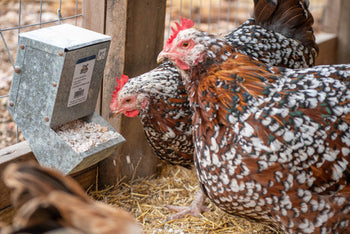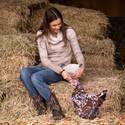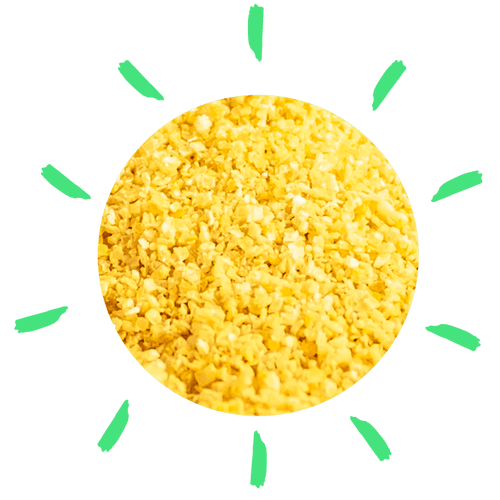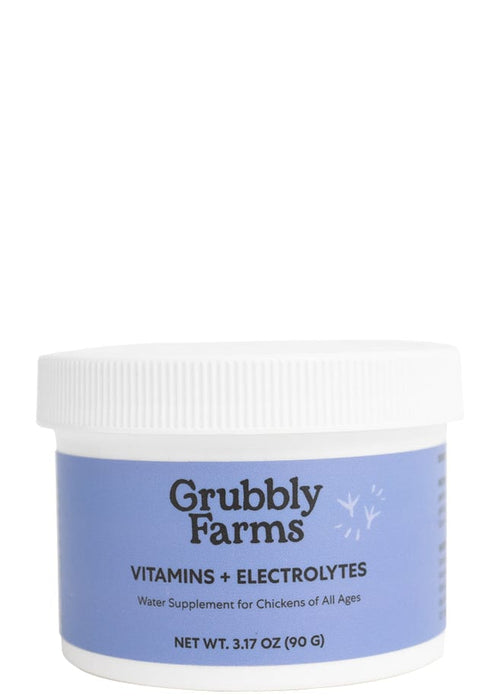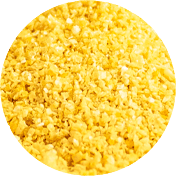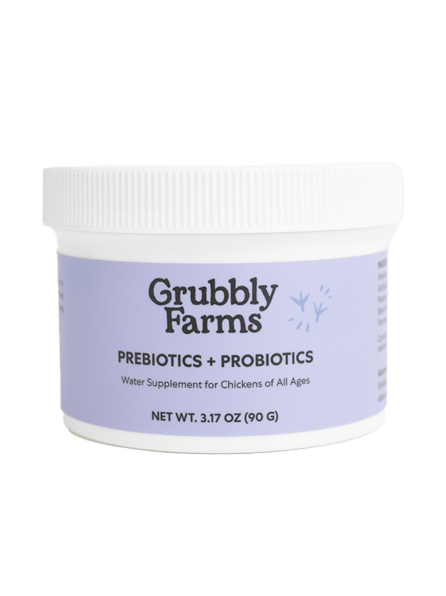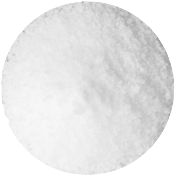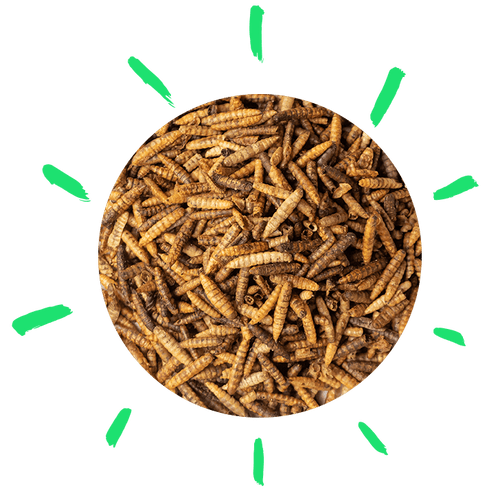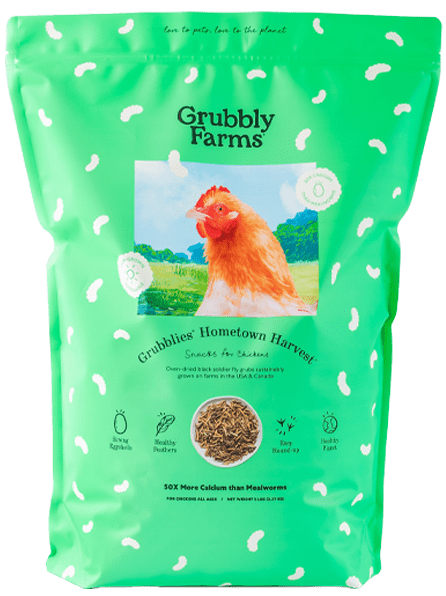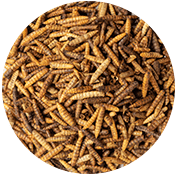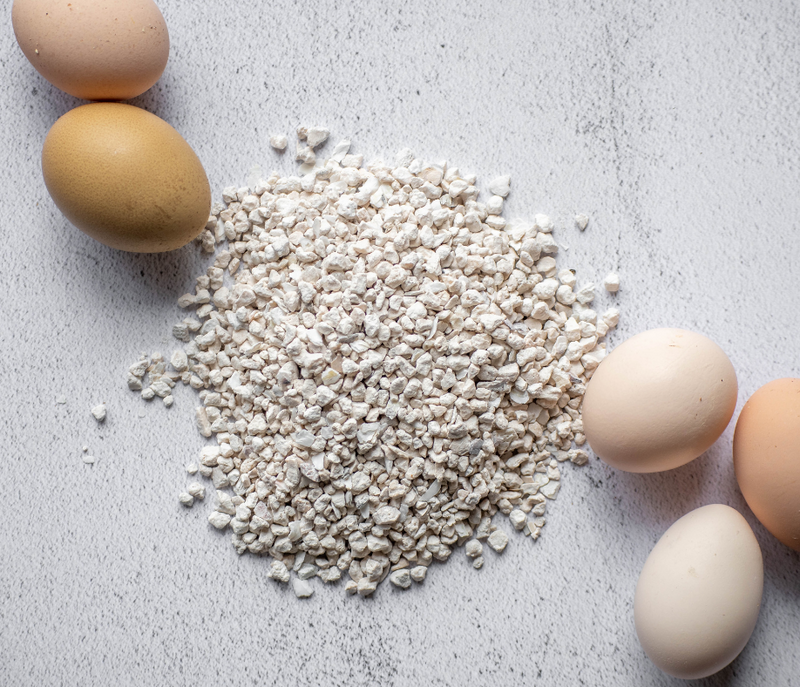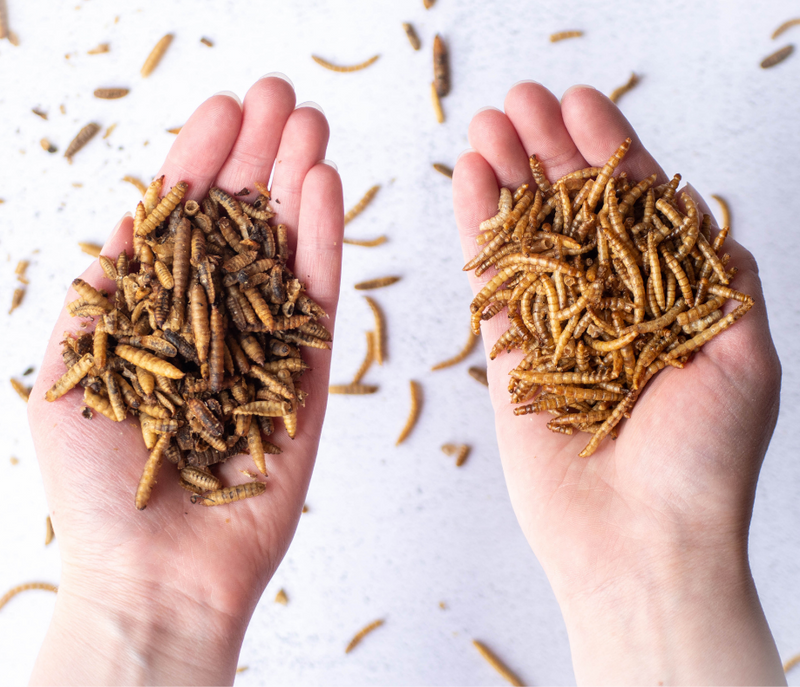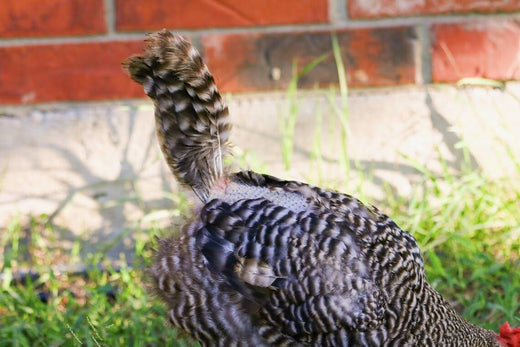Your flock will tend to stay healthy if you feed them a complete formulated chicken feed. With that in mind, it can be tempting to not think twice about their nutrition beyond their feed. However, there are many different factors that affect your flock’s dietary needs at different times, whether it be the food they eat or environmental factors. Learning how to recognize nutritional deficiencies, and how to avoid them, is essential for keeping your flock healthy and happy!
What is a Nutritional Deficiency?
A nutritional deficiency occurs when one or more of the main dietary elements is either deficient or has been consumed in too large a quantity. This causes an upset in the chicken’s body as it tries to figure out what to do with the extra nutrients or suffers from lack of nutrients.
The main components of a chicken’s diet include protein, fats, carbohydrates, vitamins, and minerals. These five elements all need to be in balance for the chicken to stay healthy and productive.
An imbalanced diet can be caused by:
- Improper feed
- Stale feed
- Decrease in feed consumption
- Changing weather patterns
- A disruption in the flock, causing stress
- Consuming too many treats
- Health issues
Balancing Protein, Fats, & Carbohydrates

Protein is arguably one of the most important nutritional elements to monitor for your flock’s health. It is needed to maintain nearly every system in the body and is the building block for muscles, skin, bone, and feathers. It also helps create antibodies that fight disease. A chicken’s protein needs change based on age, environmental factors, and overall health.
Here are some signs of a protein deficiency:
- decreased appetite
- slow growth in maturing birds
- weight loss
- decreased egg laying
- small egg size
- feather picking and eating
During times when your flock needs additional protein in their diet, you will want to incorporate some healthy, high-protein treats and snacks into their diet. Grubblies are an excellent source of supplemental protein and calcium! Sprouting lentils or offering cooked meat or eggs can also provide supplemental protein. Be careful not to treat your flock to too many high protein treats that are also high in fat. Too much fat can end up causing other dietary issues and imbalances.
Chickens especially need supplemental protein when they are molting, during cold weather, and if they experience a high-stress incident.
Carbohydrates provide instant energy in a chicken’s diet. Carbohydrates are provided by grains, which are usually numerous in a chicken’s diet. This constant source of instant energy helps sustain a chicken’s daily active lifestyle. A carbohydrate deficiency will rarely occur unless a chicken stops eating, such as in the case of illness or extreme stress.
While fat in general is not bad, it is also a dietary element that can easily be given in excess if you are not careful. Some dietary fat is needed in order to cushion the internal organs, provide energy and warmth during cold weather, and most importantly, store fat-soluble vitamins. Like carbohydrates, a fat deficiency will rarely occur unless a chicken is off its normal feed. Instead, monitor the fat content in any healthy snacks or treats you give your flock. Make sure they aren’t getting too many fatty treats which can lead to fatty liver syndrome and other health issues.
Balancing Vitamins & Minerals

Vitamins and minerals often work together in order for the body to utilize them efficiently and provide the benefits that a chicken needs. Unlike protein, the need for certain amounts of different vitamins and minerals remains fairly constant throughout a chicken’s adult lifetime.
Deficiencies or imbalances occur when the diet is altered due to a change in weather, additional treats, extreme stress, or an illness causing a lack of appetite or that disrupts nutrient absorption. Stale food can also cause a vitamin deficiency.
Fat-soluble vitamins are stored in a chicken’s body fat (which is why a certain amount of dietary fat is needed in the diet). Water-soluble vitamins cannot be stored by a chicken’s body and are used as they are available. Extra water-soluble vitamins that are not needed at the time are expelled in a chicken’s droppings.
The fat-soluble vitamins include vitamin A, vitamin D, vitamin E, and vitamin K. Here are some signs of fat-soluble vitamin deficiencies:
- Vitamin A: poor eyesight, longer breaks between laying cycles, more blood spots in eggs, upper digestive tract develops blisters (nutritional roup- much like a respiratory infection)
- Vitamin D: rickets (malformed beaks, legs, ribs, and spine), thin or soft-shelled eggs followed by a drop in production then a return to normal production, hen may have weak legs and squat like a penguin, bones may become soft
- Vitamin E: fertility may decrease, embryos may die early or contract a lethal nervous disorder that destroys the brain
- Vitamin K: excessive bleeding or internal bleeding (appears as a bruise sometimes)
The water-soluble vitamins include the vitamin B complex and vitamin C. There are 8 different types of vitamin B within the vitamin B complex. Most of your flock’s vitamin B needs will be provided for in the plant-based ingredients of their feed. Vitamin B12 is an exception since it is almost exclusively found in meat-sources. Feeding your flock healthy protein snacks like Grubblies, cooked meat, or cooked egg can help your flock meet their vitamin B12 needs.
Vitamin C is unique in the fact that chickens can synthesize their own vitamin C from other vitamin sources in their diet. The only time a vitamin C deficiency would occur would be if the absorption of other vitamins was inhibited.
Calcium, phosphorus, potassium, salt, manganese, and selenium are important minerals to be aware of in your flock’s diet.
Calcium is the most prevalent mineral in a chicken’s body. Each hen has her own calcium needs depending on her age, how well she lays, other elements in her diet, and her overall health. Since calcium is needed on a daily basis for laying eggs, not providing free-choice supplemental calcium can result in a calcium deficiency.
Phosphorus and vitamin D are also essential to the utilization of calcium that a hen consumes. Without one, the other two cannot be used by the chicken’s body. Signs of a calcium deficiency can also indicate a phosphorus deficiency.
Here are some signs of mineral deficiencies:
- Calcium: osteoporosis, thin-shelled eggs, difficulty laying, and general weakness of the bones
- Potassium: causing drop in egg production, thin-shelled eggs, and general muscle weakness (difficulty laying)
- Salt: slow growth, soft bones, general shutdown of organs, decrease in egg laying, small eggs, weight loss, cannibalistic
- Manganese: lay poorly, lay thin-shelled eggs, low hatchability, skeletal deformities
- Selenium: often caused by a vitamin E deficiency and vice-versa
Solving Vitamin & Mineral Deficiencies
Vitamin and mineral deficiencies can easily be solved and prevented by feeding your flock a complete, nutritionally balanced feed that is appropriate for their age. If you suspect a vitamin or mineral deficiency due to other factors such as stress or illness, then you can give your flock a vitamin/mineral supplement.
Keep in mind that consuming too much of any of the fat-soluble vitamins and certain minerals can be harmful for your flock. If you are using a vitamin/mineral supplement to fix a deficiency, offer it until the symptoms are gone but no longer than 8-10 consecutive days.
Alternatively, you can incorporate supplemental foods into your flock’s diet that are rich in vitamins and minerals. Here are some sources of vitamins and minerals to provide for your flock when you suspect a vitamin or mineral deficiency:
- Green Forage & Leafy Green: vitamin A, K, and C
- Cod Liver Oil: vitamin A, D, and E
- Access to Sunshine: vitamin D
- Crushed Oyster Shells: calcium
- Squash, Cooked Potatoes, & Pumpkin: vitamin C
- Sea Kelp: iodine, manganese, magnesium, potassium, niacin, calcium, vitamin A & C, B vitamins
- Cooked Meats & Fish: vitamin B12, phosphorus
- Black soldier fly larvae: protein, calcium, phosphorus
A free-choice calcium supplement is one supplemental mineral that laying hens should have access to on a daily basis so that they can consume calcium based on their individual needs.
Your Roosters’ Dietary Needs

When it comes to laying hens versus roosters, there are some obvious differences in their daily nutritional needs. This is because roosters simply refuse to lay eggs, no matter how badly we may want them to. Without egg production, roosters have a lower need for calcium. But does this mean that too much calcium can be harmful to roosters and cockerels? Not necessarily.
The first thing you want to keep in mind is that it’s nearly impossible to feed your roosters separately from your hens.
However, more scientifically, a rooster's body produces hormones that will for the most part self-regulate its calcium uptake. This is done through the hormones calcitonin and PTH which will raise and lower levels of active Vitamin D.
If a rooster’s body feels a drop in calcium, PTH is released to create Vitamin D to increase calcium uptake. When the body senses too much calcium, it will release calcitonin which rendered Vitamin D inactive.
Of course, there is an exception to this: cockerels. Cockerels do not have fully developed hormonal systems (which is why they don’t crow or present many rooster tendencies until they’re adults). Because of this, it is advised that cockerels continue on a diet of starter grower feed with lower levels of calcium until they’re fully grown. This decreases the likelihood of skeletal issues.
Roosters & Black Solider Fly Grubs
While studies still tend to be limited on the nutritional needs of roosters, one thing is clear: roosters thrive on grubs. This is because grubs have a high level of digestible amino acids as well as crude fat. So, feeding your roosters Grubblies and grub-based feeds is safe.
A Balanced Diet for a Healthy Flock!

Keeping your flock's diet balanced is as easy as feeding them a nutritionally complete feed that provides them with the protein, fats, carbohydrates, vitamins, and minerals they need to stay healthy. Don’t forget to provide your ladies with supplemental, free-choice calcium or a calcium rich snack on a daily basis so that they can keep laying eggs too! Lastly, protein needs will change on a seasonal basis, but you can easily supplement with some healthy, high-protein snacks (like Grubblies!) to keep your flock’s diet balanced. When you know what to look for, you can easily maintain the nutritional wellbeing of your feathered family.





